Malaysia bans poultry exports
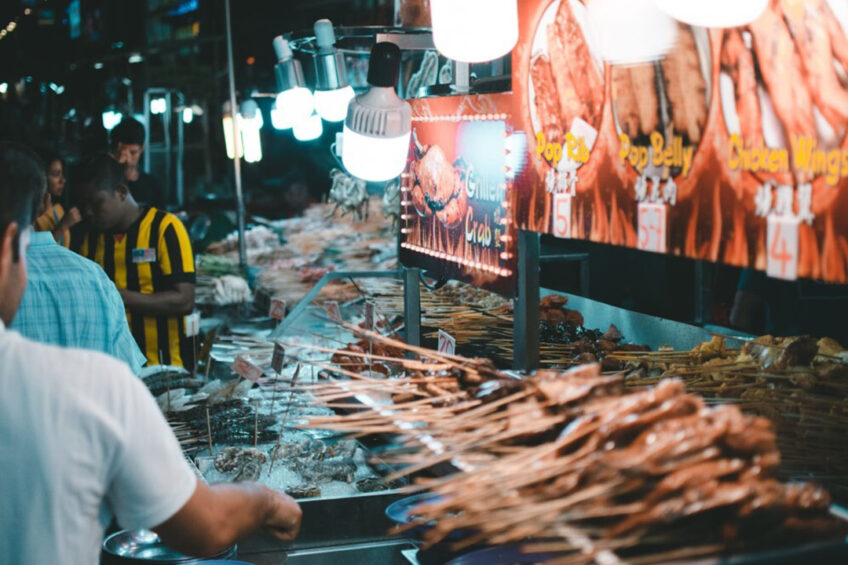
At a time when the price of poultry feed is historically high, and unpredictable hot weather has resulted in the death of day-old chicks due to heat stroke, Malaysia has banned the export of poultry products.
Rising food prices since the second half of 2021 have led the Malaysian government to take several actions to curb food inflation and maintain ceiling prices on poultry and some other key commodities. Now, a temporary ban on all poultry exports and the elimination of some administrative requirements for food imports, according to a USDA GAINS report.
Abolishment of approved permits
Malaysia’s approved permit system requires prospective importers to register their facilities with government authorities. Malaysia’s prime minister, Ismail Sabri, has announced that this system has been abolished for poultry, meat, wheat and several other agricultural products. By eliminating this requirement, the government aims to expand the number of importers and therefore competition in the food sector. Import permits, however, are still required. It is not yet clear how much impact this policy will have food prices.
Stabilise poultry prices through export ban
Following the approved permit policy change, the government announced that it would ban poultry exports beginning this month (1 June). By banning poultry exports, the government aims to address higher domestic poultry prices driven by the increase in global commodity prices in recent months. The duration of the ban is uncertain and officials have indicated it will be reviewed once prices stabilise.
Ban is felt regionally
While Malaysia is a modest poultry exporter, it is an important supplier to some countries in the region. Malaysia supplied about 3.5% (about 6,247 mt) of Singapore’s 2021 poultry meat imports. However, Singapore also imports up to 50 million live chickens and over 5 million ducks for slaughter in the country each year. The Singapore Food Agency notes that about 34% of Singapore’s total chicken meat supply comes from these live imports.
Brunei imported over 3 million day-old chicks from Malaysia in 2021, and it is unclear whether this supply will be disrupted by the new restrictions. Malaysia is also the primary supplier of imported poultry meat, though imports fell significantly last year.
Saudi Arabia has emerged as a significant destination for Malaysian poultry products, mainly due to Malaysian production of chicken products (such as chicken nuggets) for the quick-service restaurant sector. It is not clear whether these products are also impacted by Malaysia’s export ban. Malaysia exported over 16,000 mt of prepared poultry products in 2021.
Subsidy programme
The government controls the price of dressed chicken at retail (RM8.90 or US$2.03 per kg), leaving little ability for farmers to pass on input cost increases due to higher global feed costs. Some layer farms had to stop production or re-formulate their feeds to reduce costs and avoid losses.
From 4 February until 4 June, the government provided subsidies of RM0.60 per kg of live chicken and RM0.05 per egg produced to chicken producers. The budget of the subsidy programme was RM500 million (US$119.05 million). The government also established a temporary tariff-free import quota for poultry in February to reduce domestic prices.
Stockpiles
Meanwhile, Reuters reports that Malaysia will set up chicken ‘stockpiles’ to secure domestic supplies and overcome shortages, and control rising food prices, amid this ban on poultry exports. This measure is effective immediately, said the country’s Agriculture and Food Industries Minister, Ronald Kiandee. He added that the government will also implement measures to help food manufacturers and feedmill operators to lower production costs, including reviewing electricity tariffs, and will give poultry farmers a special exemption to recruit migrant workers amid a labour shortage.
 Beheer
Beheer

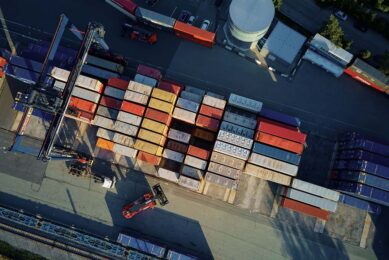
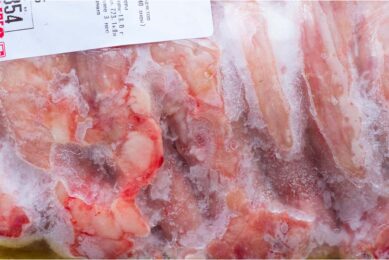
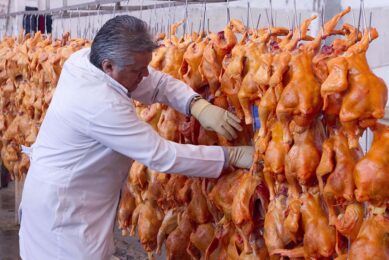
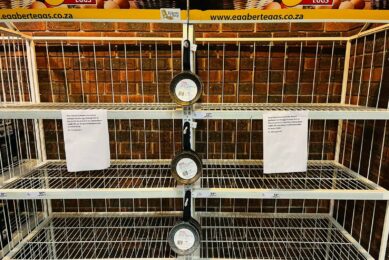



 WP Admin
WP Admin  Bewerk bericht
Bewerk bericht